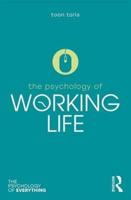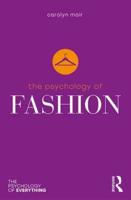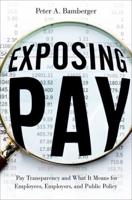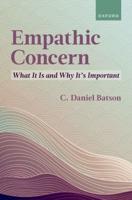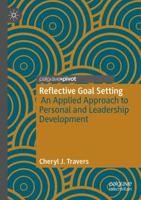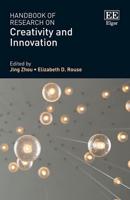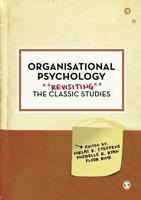Publisher's Synopsis
Through professional opinion and research data pertaining to police organizations, a perspective of law enforcement occurs of industrial/organizational psychology. Conclusions of this research include adequate measures not to take place in police personnel administration pertaining to organizational effectiveness or individual performance. Observable consequences both positive and negative are documented of the effects of college education on police officers. The selection process for law enforcement is moving away from the screening out of the unfit toward selection testing. Significant aspects of occupational choice are social and security needs along with the need for an environment having structured leadership. More so than other occupational groups, police report moderately lower job satisfaction, and the paramilitary or directive structure of command of most police departments happens to coincide with the preferences of police officers for such a leadership style masking their discretionary powers. The implementation of selection procedures may seem impractical the result of flawed validation studies. Finally, not being adequately specified are the modal police personality attribute origins despite a tendency to ascribe to organizational socialization.


